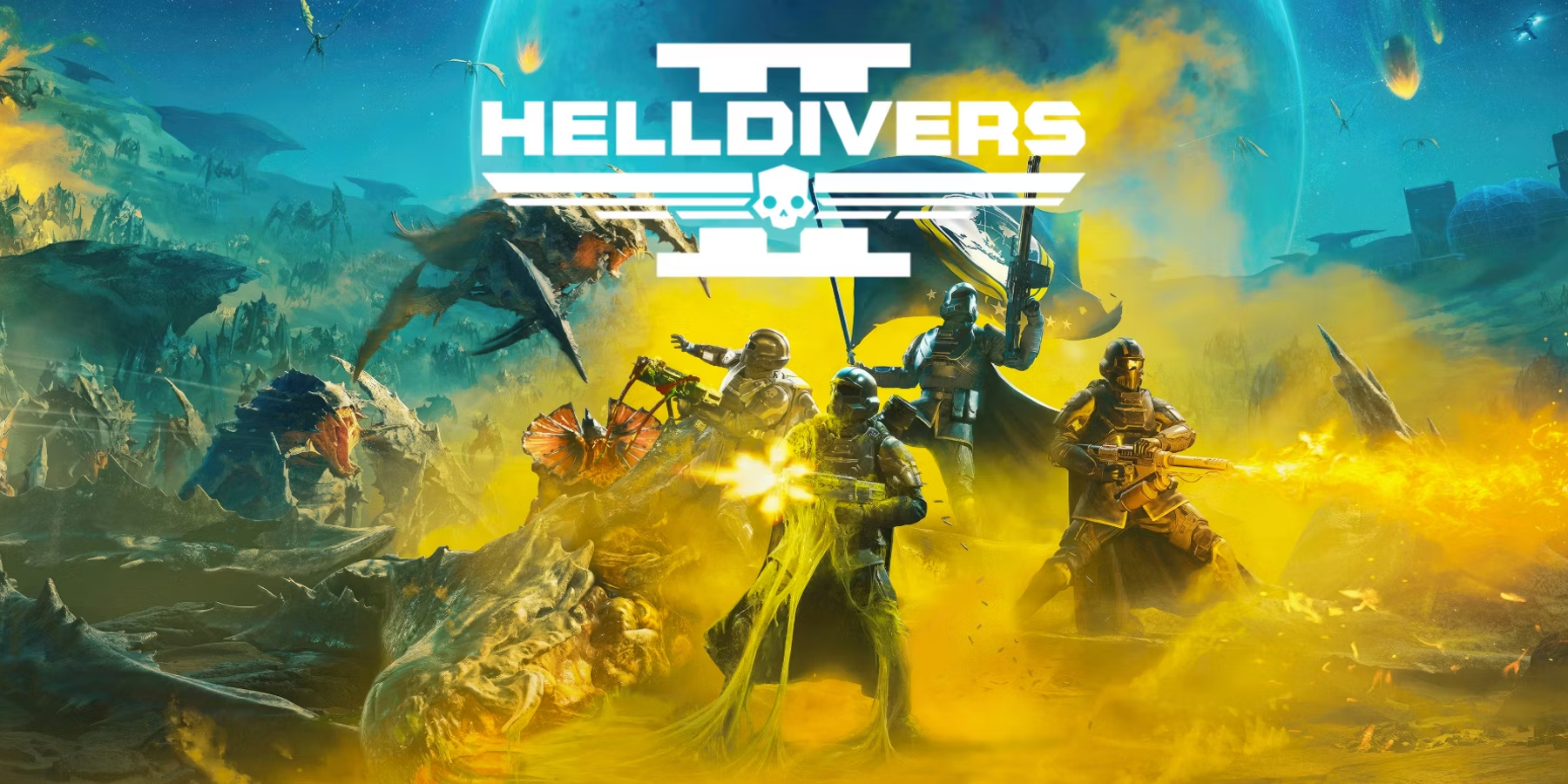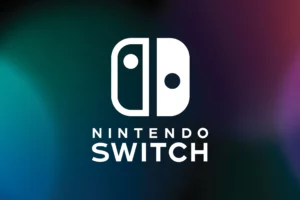The gaming industry is no stranger to rollercoaster rides, but few have been as dramatic as the journey of Helldivers 2. Launched in February 2024 to widespread acclaim, this highly anticipated sequel to the popular cooperative shooter experienced a meteoric rise, only to witness a staggering 90% drop in its PC player base within just five months. This sharp decline raises critical questions about player retention, game development strategies, and the challenges of maintaining engagement in today’s competitive gaming landscape.
The Spectacular Launch: A Recipe for Success
Helldivers 2’s initial success can be attributed to a perfect storm of factors:
- Nostalgia Factor: The original Helldivers had cultivated a dedicated fanbase, creating a built-in audience eager for more of its unique blend of challenging gameplay and dark humor.
- Critical Acclaim: Positive reviews from critics praised the game’s improved visuals, expanded content, and faithful adherence to the core gameplay loop that made its predecessor a hit.
- Cross-Platform Strategy: A simultaneous release on PlayStation and PC broadened the game’s reach, allowing for a unified launch experience across platforms.
This combination of factors led to an impressive peak of over 458,000 concurrent players on Steam, signaling what many hoped would be the beginning of a new gaming phenomenon.

The Rapid Descent: Unraveling the Player Exodus
Despite its strong start, Helldivers 2 experienced a precipitous decline in its player base. By July 2024, just five months after launch, the game had lost 90% of its PC players. Several key factors contributed to this exodus:
1. Endgame Content Drought
Once players completed the initial campaign, many found themselves struggling to find compelling reasons to continue playing. The lack of diverse and engaging endgame content left a void that quickly led to player attrition.
2. PSN Account Linking Controversy
A decision to require PlayStation Network account linking for certain features on the PC version was met with significant backlash. This move was perceived as an unnecessary hurdle and potential privacy concern, alienating a portion of the player base.
3. Live Service Shortcomings
Marketed as a “live service” game, Helldivers 2 promised ongoing content updates and events. However, initial post-launch content was perceived as underwhelming, failing to re-engage players who had exhausted the core offerings.
4. Fierce Competition
The PC gaming market is highly competitive, with new releases constantly vying for player attention. Helldivers 2 struggled to maintain its position against this ever-changing tide of gaming options.
Lessons for Developers: Navigating the Live Service Landscape
The rapid decline of Helldivers 2’s player base offers valuable lessons for game developers and publishers:
Prioritize Endgame Content
A strong focus on diverse, challenging, and rewarding endgame activities is crucial for long-term player retention. Games must offer compelling reasons for players to continue engaging long after the main campaign is complete.
Respect Player Choice and Privacy
Forcing players to take unnecessary steps or link accounts can lead to frustration and alienation. Developers should prioritize user-friendly experiences that cater to player preferences and respect their privacy concerns.
Deliver on Live Service Promises
When marketing a game as a “live service,” it’s crucial to have a clear, well-executed plan for delivering a steady stream of engaging content updates and events. Failing to meet these expectations can quickly lead to player disillusionment.
Adapt to Competition
In a crowded market, games must continually evolve and offer unique experiences to stand out. Regular updates, community engagement, and innovative features are essential for maintaining relevance.
The Road to Recovery: Can Helldivers 2 Stage a Comeback?
While the future of Helldivers 2 remains uncertain, there are potential strategies that could help revitalize the game:
- Transparent Content Roadmap: Clearly communicating plans for future updates and demonstrating a commitment to addressing player feedback could help rebuild trust.
- Free Play Events: Offering free weekends or limited-time events could attract new players and give lapsed players a reason to return.
- Community Engagement: Actively engaging with the player base, addressing concerns, and fostering a sense of community could reignite interest in the game.
- Major Content Expansion: A significant content update or expansion that addresses the endgame concerns could potentially bring back players and attract new ones.
Beyond Helldivers 2: Implications for the Gaming Industry
The rise and fall of Helldivers 2 holds broader implications for the gaming industry:
The Double-Edged Sword of Hype
While initial hype can drive strong launch numbers, it also sets high expectations that can be difficult to maintain. Developers must balance generating excitement with managing player expectations.
The Challenges of Live Service Games
The live service model offers great potential for long-term engagement but requires significant ongoing investment in content creation and community management. Developers must be prepared for the long haul when adopting this approach.
The Importance of Player Feedback
Actively listening to and acting on player feedback is crucial for maintaining a healthy game community. Developers who ignore player concerns do so at their own peril.
Conclusion: A Learning Experience for the Industry
The story of Helldivers 2 serves as a stark reminder of the volatile nature of the gaming industry. Its rapid rise and equally dramatic fall highlight the challenges of maintaining player engagement in today’s competitive landscape. While the game’s future remains uncertain, its journey offers valuable lessons for developers, publishers, and players alike.
As the industry continues to evolve, the ability to adapt, listen to player feedback, and deliver consistent, high-quality content will be crucial for any game hoping to achieve long-term success. Whether Helldivers 2 can stage a comeback remains to be seen, but its story will undoubtedly influence how future games approach the delicate balance of hype, content delivery, and player retention.
















Add Comment